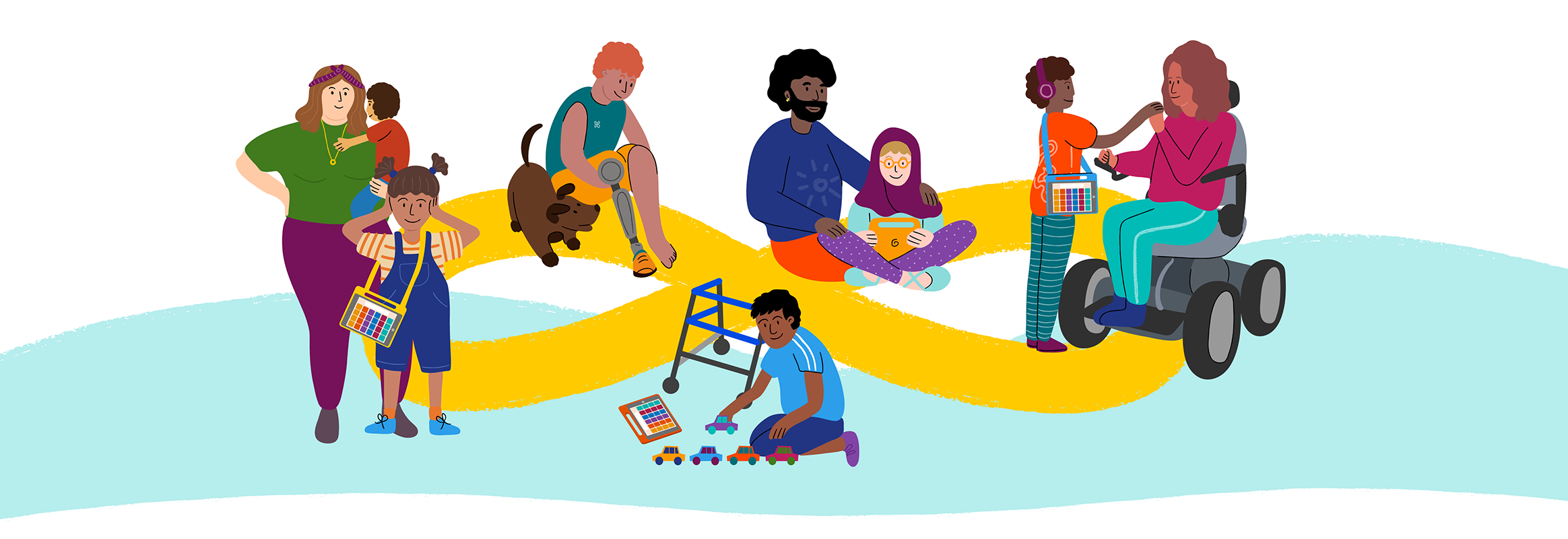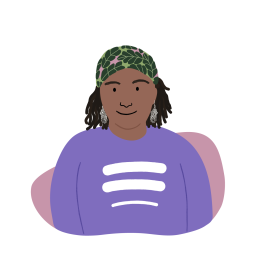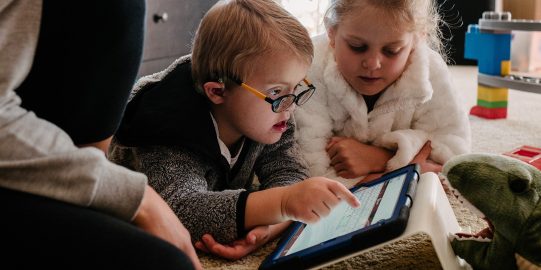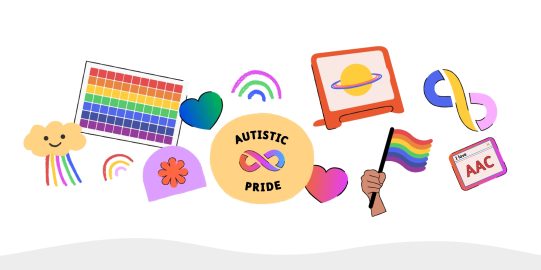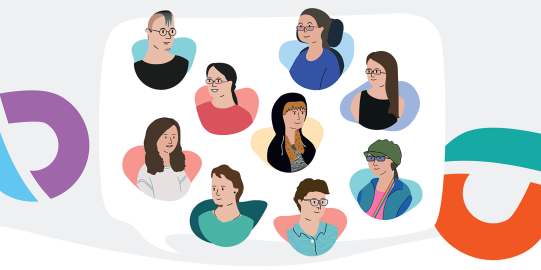As a Black, Autistic, and Disabled parent whose children share my identities, I know first-hand how necessary instilling pride is. At the same time, I know how tough it is in a world that is constantly pushing the opposite messages to our children. We live in a society where there is a global stigma against being Disabled, different, and atypical in any way. It seems impossible, but I don't believe that it is.
What is Autistic Pride?
Here are the Oxford Learner's Dictionaries’ two definitions for the word Pride:
pride (noun)
/praɪd/
- A feeling of deep pleasure or satisfaction derived from one's own achievements, the achievements of those with whom one is closely associated, or from qualities or possessions that are widely admired.
- Consciousness of one's own dignity.
Autistic pride, then, is taking pleasure in yourself and your autism. It is enjoying how being Autistic contributes to who you are and what you achieve. Further, it is confidence in your own right and your community’s right to human dignity.
Taking from these two definitions, how do we instill a sense of self-satisfaction and dignity in our Autistic children?
The first two letters of "pride" are P and R. P.R. also stands for Public Relations and that's what I believe we as parents, caregivers, therapists and teachers should consider ourselves: public relations managers. Our task is to ensure that our children’s identity doesn’t have a negative reputation that blocks their path towards thriving.
Start with the language you use
The first step is paying attention to how we talk about autism, disability, speech (speech-supremacy), and AAC, and recognizing that our attitudes will eventually flood the inner thoughts of our Autistic loved ones. We already know that society is filling their internal worlds with negative messages about themselves. So much so that even if they once knew the truth about themselves, they can be left unsure or, worse - convince themselves that what they hear and read is true.
Realize that how we talk about autism and disability itself determines how our children feel about themselves and how others feel about autism. The way society sees autism has a direct influence on how we as autistic people are treated. Negative messages don't just penetrate our kids' minds but also the minds of the people who teach and interact with our children. This messaging determines how police officers, school staff, residential living staff, medical professionals and many other important people see and treat our children throughout their lives
Surround them with Pride
The last crucial aspect of nurturing self-admiration is making sure there are Autistic children, teens, and adults like them that are proud of themselves in your life and your child's life.
I say in the parents’ lives as well, because Disabled and Autistic adults make great friends whether or not they are around your child. You can learn from us as individuals, not just in relation to how we can be role models for your child. But just living our lives can be a model for families too. Learn how we make accommodations for ourselves, handle services, be social and just exist.
Apart from being mentors, we are great employees, parents, siblings and friends and fit into every aspect of society. Disabled children and families need mentors and friends. I was lucky to grow up with other Autistic and Disabled adults and family friends. I would love it if every Autistic child and their parents could have the same experience. It has made so much difference in how I thought of and still think of my future.
